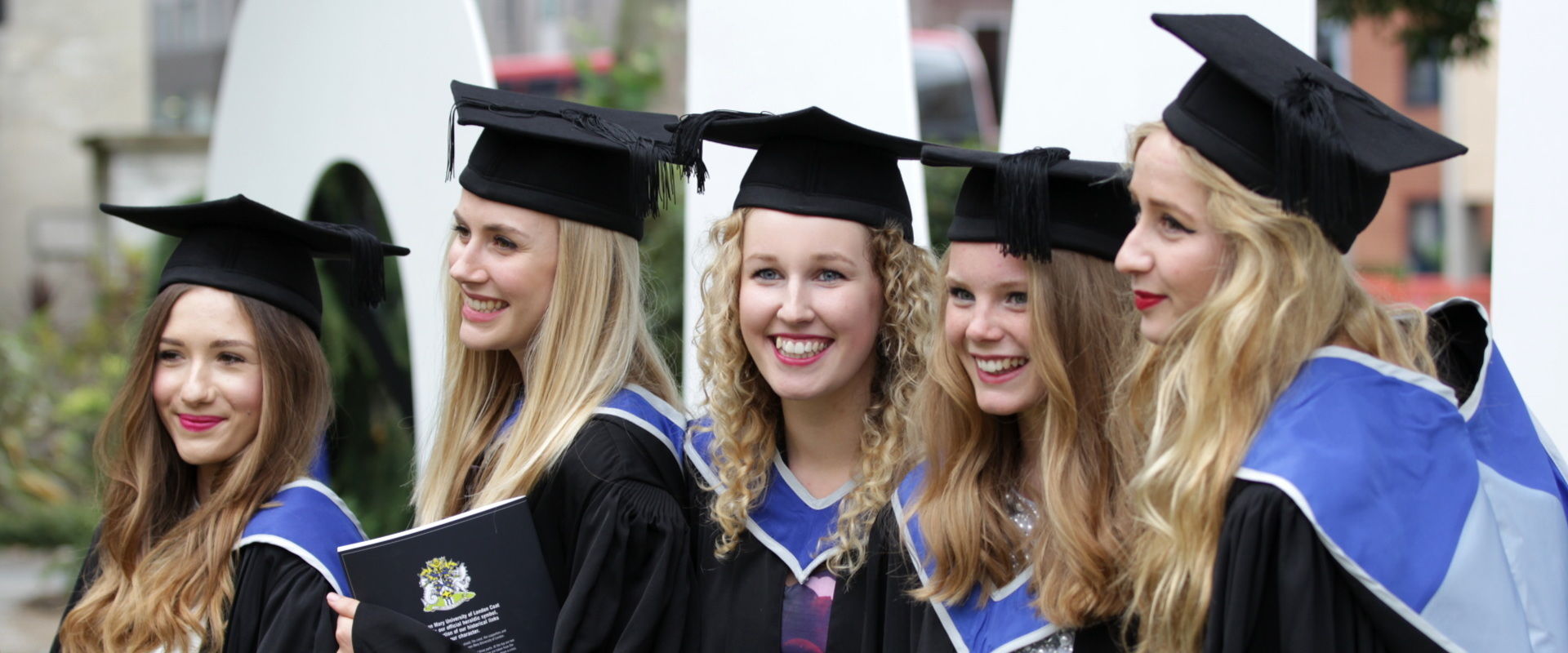Bioinformatics MSc
As biological sciences have become more data-driven, bioinformatics is now central to modern biological research, from genetics, nutrition, and epidemiology to ecology, neuroscience and biomedicine. This program will teach you how to manage and manipulate large datasets to reveal new insights into biological sciences. You will get intensive training in a computer-based approach to biological research, with the opportunity to develop specialist skills in computer programming, data analysis, statistics, and computational biology.
New analytical techniques deliver ever more data about genes, proteins, metabolites and the interactions between them. Bioinformatics is the discipline tasked with turning all this data into useful information and new biological knowledge. With applications spanning the breadth of life science disciplines, there is now high demand for trained bioinformaticians.
Prior experience of computer programming is not required as you will be taught the latest tools and techniques in bioinformatics, which you will then apply to your own research project. You will also collaborate with peers to build new bioinformatics solutions to real-world problems as part of an innovative group project.
This program is delivered by academics who are actively engaged in developing bioinformatics tools and applying them in areas such as genome sequencing, proteomics, evolution, ecology, psychology, cancer, diabetes and other diseases. We have an extensive network of academic and industrial collaborators around the UK and in Europe, who contribute to teaching, co-supervise projects and provide employment opportunities.
Highlights
- Training to manage, analyze, integrate and visualize big data using technologies such as Python and R
- Development of skills applicable to software development, data analytics and finance
- Delivered by academics who are actively engaged in developing bioinformatics tools and applying them in areas such as genome sequencing, proteomics, evolution, ecology, psychology, cancer, diabetes, and other diseases
- Opportunities to publish scientific papers (recent graduate had her MSc project work included in a paper published in Science)
- Strong foundation for employment in biotechnology, life sciences and pharmaceutical sectors or PhD research
Campus Information
Mile End Campus
It contains the Faculty of Humanities and Social Sciences, the Faculty of Science and Engineering, the Queens' Building, the main college library, the student union, Draper's bar and club, several restaurants, a number of halls of residences and a gym. The educational and research sites of the Arts Research Centre, Computer Science, the large Engineering building, G.E. Fogg Building, Francis Bancroft Building, G. O. Jones Building, Joseph Priestley Building, Lock-keeper's Graduate Centre, and the Mathematical Science Building, are all located within the Mile End campus
Intakes
- Sep
Application Processing Time in Days: 25
Application Process
Minimum English Language Requirements
| English Level Description | IELTS (1.0 -9.0) | TOEFL IBT (0-120) | TOEFL CBT (0-300) | PTE (10-90) | |
|---|---|---|---|---|---|
| Expert | 9 | 120 | 297-300 | 86-90 | |
| Very Good | 8.5 | 115-119 | 280-293 | 83-86 | |
| Very Good | 8 | 110-114 | 270-280 | 79-83 | |
| Good | 7.5 | 102-109 | 253-267 | 73-79 | |
| Good | 7 | 94-101 | 240-253 | 65-73 | |
| Competent | 6.5 | 79-93 | 213-233 | 58-65 | |
| Competent | 6 | 60-78 | 170-210 | 50-58 | |
| Modest | 5.5 | 46-59 | 133-210 | 43-50 | |
| Modest | 5 | 35-45 | 107-133 | 36-43 | |
| Limited | 4 | 32-34 | 97-103 | 30-36 | |
| Extremely Limited | < 4 | < 31 | < 93 | < 30 |
Job Opportunity Potential
During your studies you'll have access to support at every stage in your degree, including one-to-one academic guidance, tailored workshops, and external guest speakers. Graduates of this course are well-placed to progress onto PhD research or careers in industry, consultancy and conservation.
Graduates from this course have progressed to:
- Software Engineer/Bioinformatician at European Bioinformatics Institute
- Informatics Assistant at Blizard Institute
- PhD Student at Queen Mary University of London
- Bioinformatics PhD Researcher at UCL Cancer Institute
PSW Opportunity
- 2 Years PSW is applicable after the course completing (Bachelors level or above).
Admission Requirement / Eligibility Criteria
For India
We normally consider the following qualifications for entry to our postgraduate taught programmes: Bachelor Degree (minimum 3 years) from selected institutions.
UK 1st class degree: 70% to 80%
UK 2:1 degree: 60% to 70%
UK 2:2 degree: 50% to 60%
Offer conditions will vary depending on the institution you are applying from. For some institutions/degrees we will ask for different grades to above, so this is only a guide.
For India, offers may be made on the GPA scale.
We do not consider the Bachelor of Vocation (B. Voc.) for Masters entry.
- Course Type: Full Time
- Course Level: Masters/PG Degree
- Duration: 01 Year
-
Total Tuition Fee:
25950 GBP
Annual Cost of Living: 12006 GBP
Application Fee: N/A
Similar Programs
- Global Public Health MSc at Queen Mary University of London
- Biotechnology and Synthetic Biology MSc at Queen Mary University of London
- Data Science and Artificial Intelligence (Conversion Programme) MSc at Queen Mary University of London
- Water and Environmental Management MSc at Queen Mary University of London
- Theoretical Physics MSc at Queen Mary University of London
- M.Sc Trauma Sciences Online at Queen Mary University of London

